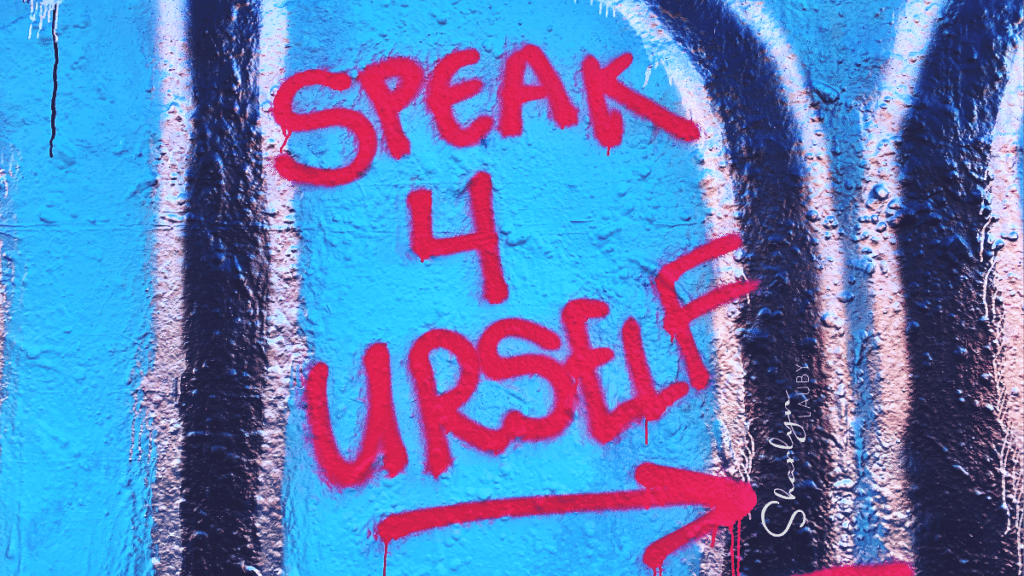Exit Interviews: Ask Employees About Their Experience
Estimated reading time: 3 minutes
Employee retention continues to be an issue for organizations. We continue to hear about “The Great Resignation” and the “turnover tsunami”. There’s constant conversation about employee wellbeing and the employee value proposition. We all realize times have been tough but now is the perfect time to examine some of your processes to ensure that your organization remains healthy.
We spend a lot of time talking about onboarding and the beginning of a person’s career. Today, let’s talk about something at the end of the employment cycle – exit interviews.
Conducting exit interviews can be a valuable experience for any organization. Provided of course, that the exit interview is done for the right reasons and with proper planning. If you’re doing exit interviews to get the heads-up on whether the departing employee plans to file a lawsuit against the company, well…that might be good information to know but it’s not really the best use of an exit interview.
The best reason organizations conduct exit interviews is to get information about an employee’s experience with the company. This information could be valuable all on its own or used with other exit interview data. To gather relevant information, here are a few questions to consider when planning the exit interview process:
Who would conduct the exit interview? Many companies have an employee’s supervisor administer the exit interview. This might not be a good idea, especially if the employee had an issue with their supervisor. It’s possible the employee will not feel comfortable sharing their honest thoughts which is what you’re trying to gather.
Another option would be to have HR conduct the interview. Since HR is considered the keeper of employee references, I’m not sure that employees will want to open up to HR. They might not want to burn any bridges. So this has the potential to become an exercise in futility. If you really want employees to provide open, honest, and unfiltered feedback (and yes, you do), consider engaging a neutral, third party to conduct the interview.
When do you conduct the interview? Some companies like to do exit interviews at the point a person announces their resignation. I’m an advocate for waiting not only until after a person leaves the company but even giving them a couple of weeks. In my experience, time allows employees to gain perspective. I’ve seen many situations where departing employees were upset with the company or their manager. A couple weeks later, they still aren’t happy but they’re able to talk about it with less emotion and offer valuable constructive feedback.
What’s the purpose of the interview? It is possible that an employee’s desire to leave on good terms drives their answers regarding their resignation. For example, when an employee tells you they’re resigning for a job that pays more, offers better benefits, and allows for flexible scheduling – all of that might be true. But what the employee didn’t tell you was that the catalyst which started them looking for this new opportunity in the first place was that their manager is a jerk.
The purpose of an exit interview is to find out what that ‘something’ was that made an employee start looking in the first place – i.e., check out job opportunities on LinkedIn, take the search firm’s call, engage a headhunter etc.
Once organizations discover the real reasons that people are leaving, then they have a decision to make: file it away or take action. Organizations that truly want to improve the workplace and increase engagement will create an exit interview process that yields good results. And they will include in the process a solid plan to review and act on those results. With good information, the organization can incorporate positive change and, hopefully, reduce the need for more exit interviews.
15